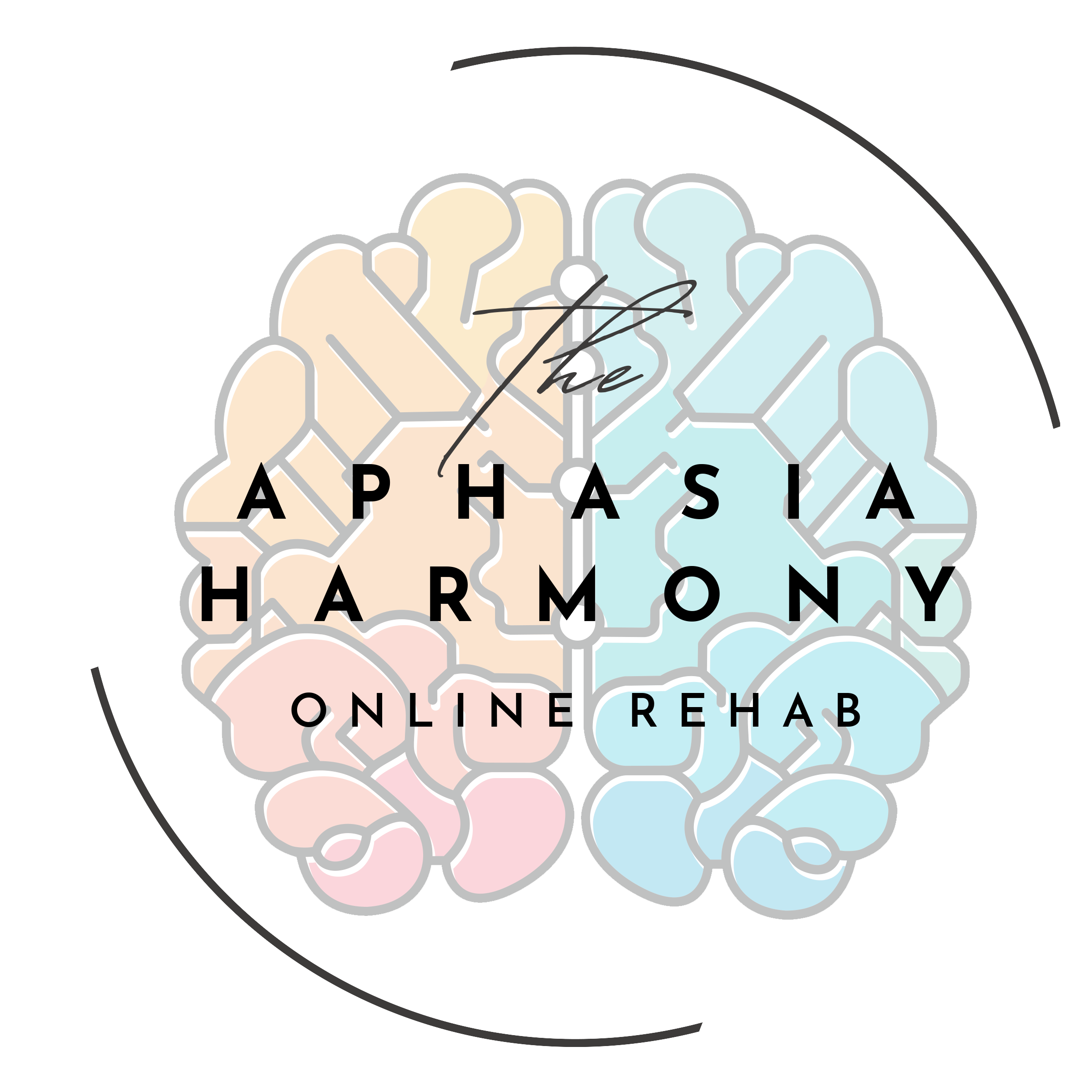How Aphasia Therapy Can Transform Lives
Aphasia treatment is personalized to target the specific needs identified during assessment, including the goals set by the individual with aphasia and their care partners.
Why Aphasia Therapy is Important
- Improves Communication Skills – Speech-language therapy helps people with aphasia regain lost language abilities, including speaking, understanding, reading, and writing.
- Enhances Daily Functioning – Therapy supports individuals in using compensatory strategies to communicate effectively in daily life.
- Increases Independence – By improving communication, individuals can participate more actively in conversations, social interactions, and work-related activities.
- Supports Cognitive and Social Well-Being – Aphasia can lead to frustration, isolation, and depression. Therapy helps individuals stay engaged with others and maintain social connections.
- Provides Caregiver Support – Speech therapists also educate family members and caregivers on effective communication strategies, helping them support the person with aphasia.
- Neuroplasticity and Recovery – Research supports that structured therapy enhances brain recovery and language relearning through neuroplasticity.
How Aphasia Therapy Works
Both online (telepractice) and face-to-face aphasia therapy are effective approaches, each with its own benefits and considerations.
Online Aphasia Therapy (Telepractice)
- Virtual Sessions via Video Conferencing – Therapy is delivered remotely using secure tele-health platforms.
- Convenience and Accessibility – Beneficial for individuals who have mobility issues or live in remote areas with limited access to SLPs.
- Use of Digital Tools – Incorporates apps, shared screens, and interactive activities tailored to the person’s communication needs.
- Family Involvement – Encourages participation from care partners, who can learn and support therapy techniques at home.
- Proven Effectiveness – Research supports that telepractice can be as effective as in-person therapy for many individuals with aphasia.
Face-to-Face Aphasia Therapy
- Traditional In-Person Sessions – Conducted in clinics, hospitals, rehabilitation centres, or home settings.
- Interactive and Hands-On – Allows direct interaction between the speech-language pathologist (SLP) and the individual, including physical cueing, use of tangible materials, and immediate feedback.
- Group Therapy Options – Face-to-face settings often provide opportunities for group therapy to enhance communication in social contexts.
- Multimodal Support – Can integrate technology, paper-based exercises, and functional activities within a structured environment.

